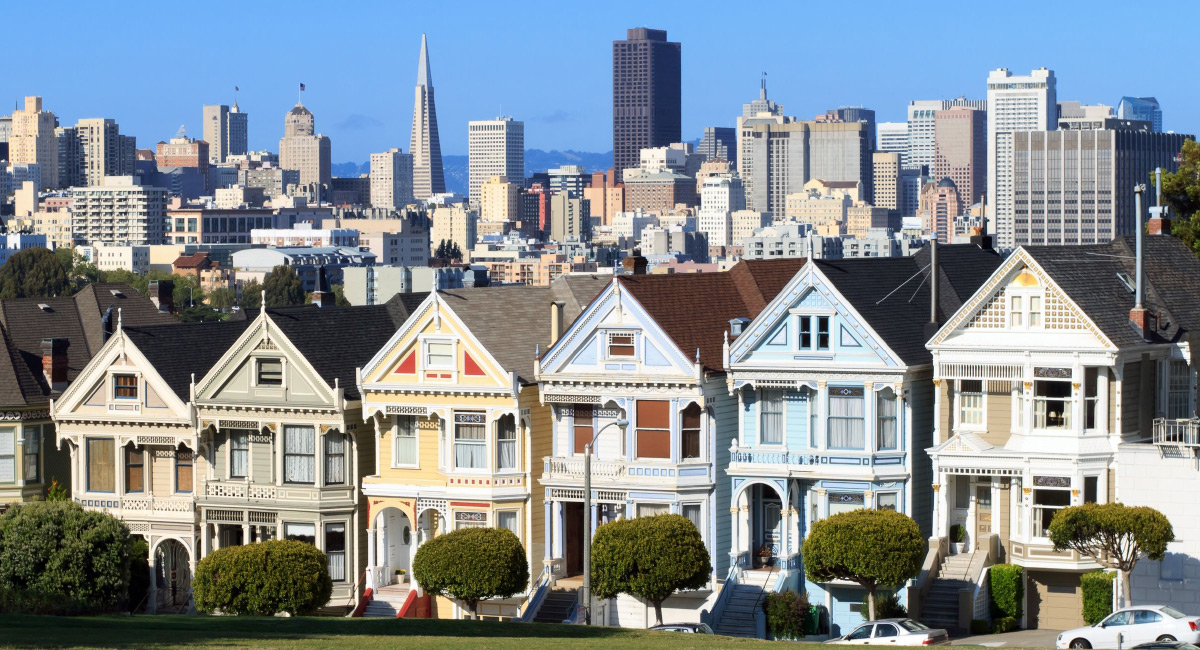Things have changed in San Francisco, where California Sen. Dianne Feinstein once served as a gun-packing city supervisor.
The San Francisco Board of Supervisors voted unanimously on Sept. 3 to declare the National Rifle Association a “domestic terrorist organization.” The group is now suing the city over the designation.
As few may remember, Feinstein took full advantage of the Second Amendment the NRA sets out to protect. When she served on the city council from 1970-78, she fully deployed the right to keep and bear arms in order to defend herself against an actual terrorist group.
During the 1970s, the San Francisco Bay Area jostled with violent groups such as the New World Liberation Front, which Feinstein called a “terrorist group” for good reason. The group targeted Supervisor Feinstein as a ruling-class enemy of the people, shot out 15 windows in her beach house, and detonated a bomb with construction-grade explosive in a flower box outside her daughter’s window.
Certain that the terrorists planned to take her out, Feinstein purchased a five-shot .38 revolver, practiced regularly, and secured a conceal-carry permit. At the time, the future San Francisco mayor and U.S. senator did not confuse the terrorist NWLF with the NRA or betray any reservations about the Second Amendment.
On the other hand, Feinstein did not show the same clarity when government agencies claimed innocent life, a hallmark of terrorists. In 1992 at Ruby Ridge, Idaho, an FBI sniper shot Vicki Weaver in the head as she held her ten-month-old baby. Incredibly enough, the FBI brought in the same sniper at the Waco, Texas, standoff in April 1993 that claimed the lives of 75 people, including 25 children.
Feinstein was big fan of Attorney General Janet Reno, who ordered the raid. The senator who once packed a gun was undisturbed by government documents such as “Challengers from the Sidelines: Understanding America’s Violent Far-Right,” from the Combating Terrorism Center at West Point.
This 2013 study warns about the “anti-federalist movement,” whose members “espouse strong convictions regarding the federal government, believing it to be corrupt and tyrannical, with a natural tendency to intrude on individuals’ civil and constitutional rights.” They also support civil activism, individual freedoms, and self-government, which describes countless millions of Americans.
Feinstein did not object to “Rightwing Extremism: Current Economic and Political Climate Fueling Resurgence in Radicalization and Recruitment,” an April 2009 publication of the Department of Homeland Security, then ruled by former Arizona governor Janet Napolitano. The report said such extremists are “mainly antigovernment, rejecting federal authority in favor of state or local authority.” The report added that the “possible passage of new restrictions on firearms” also disturbed them.
The San Francisco supervisors’ resolution expressed a similar theme, saying the NRA “musters its considerable wealth and organizational strength to promote gun ownership and incite gun owners to acts of violence,” and “through its advocacy has armed those individuals who would and have committed acts of terrorism.”
The resolution also said the NRA “promotes extremist positions, in defiance of the views of a majority of its membership and the public, and undermine the general welfare.”
These are the same supervisors who voted to call convicted felons “justice-involved persons,” and to call paroled criminals “returning residents.”
City supervisors would do well to reflect more on their own “extremist” opinions—and do less to undermine the constitutional liberties that enabled their predecessors to survive.








